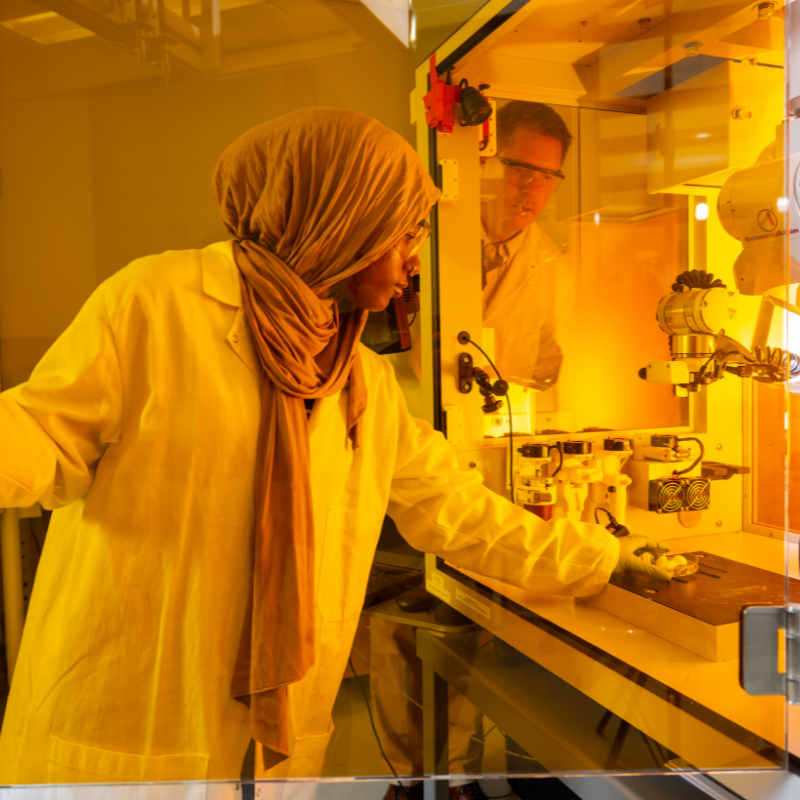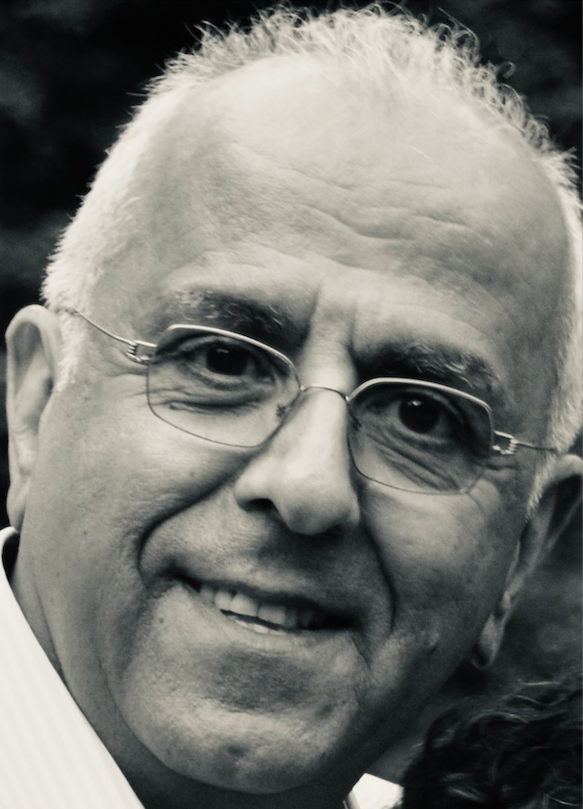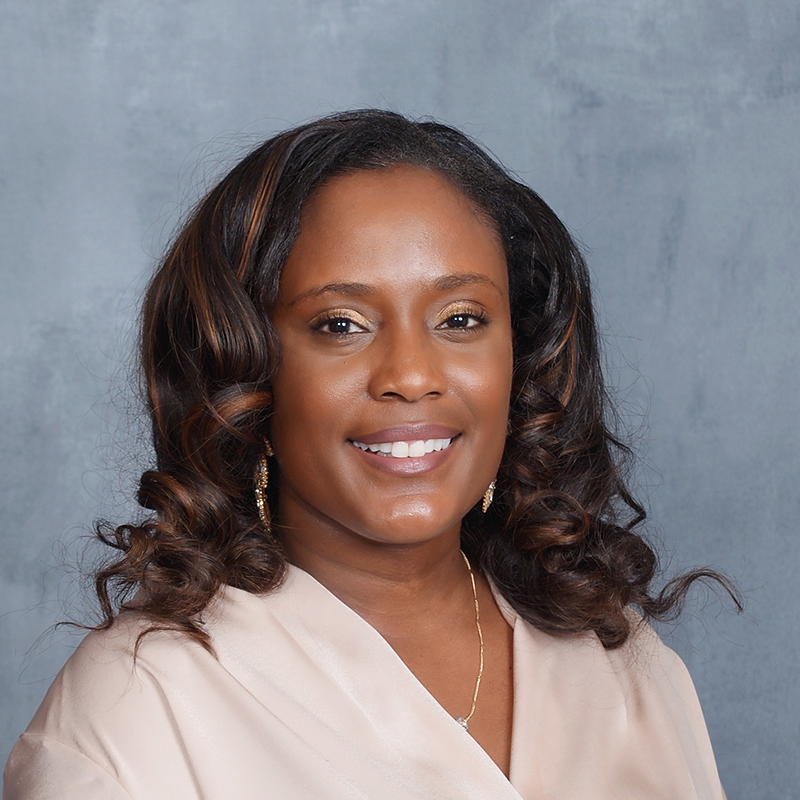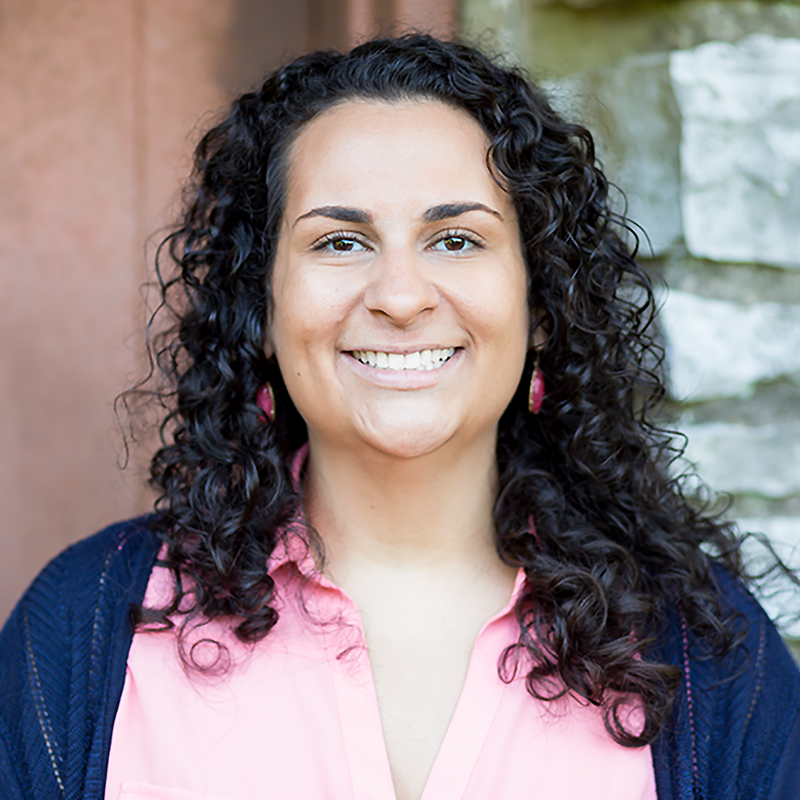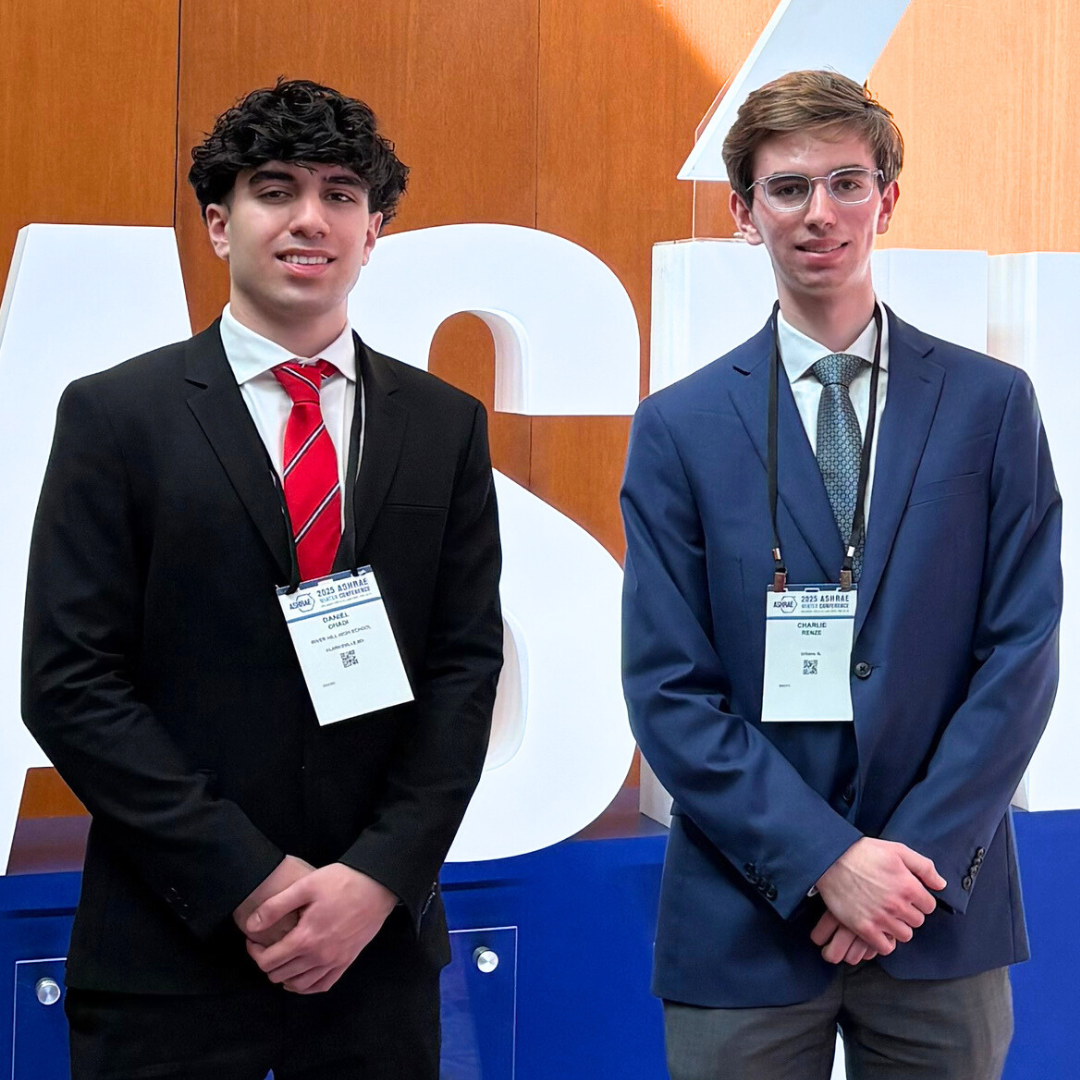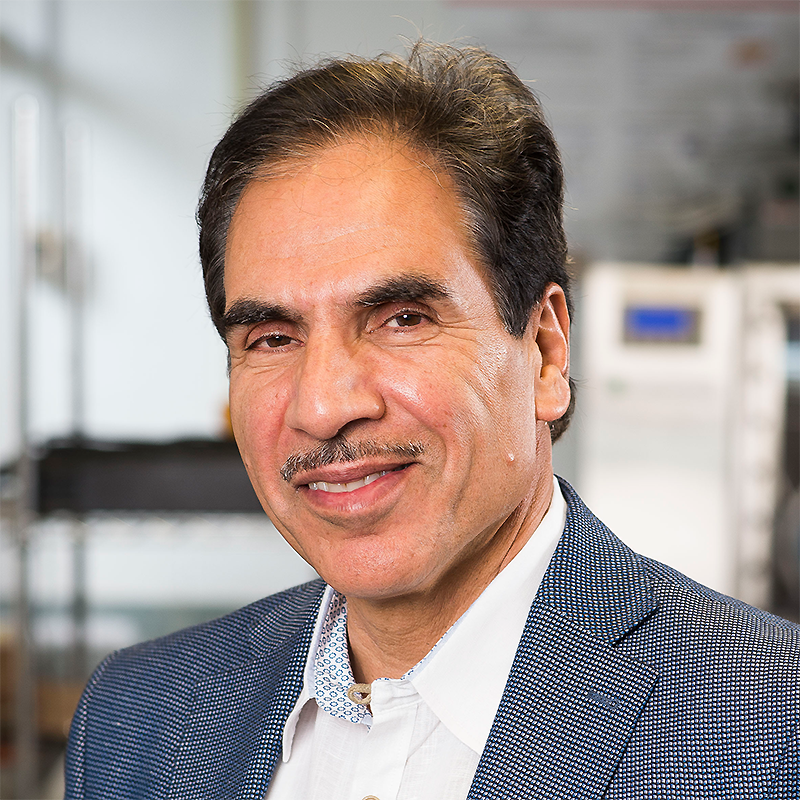News Story
Donor Spotlight: Maria Korsnick
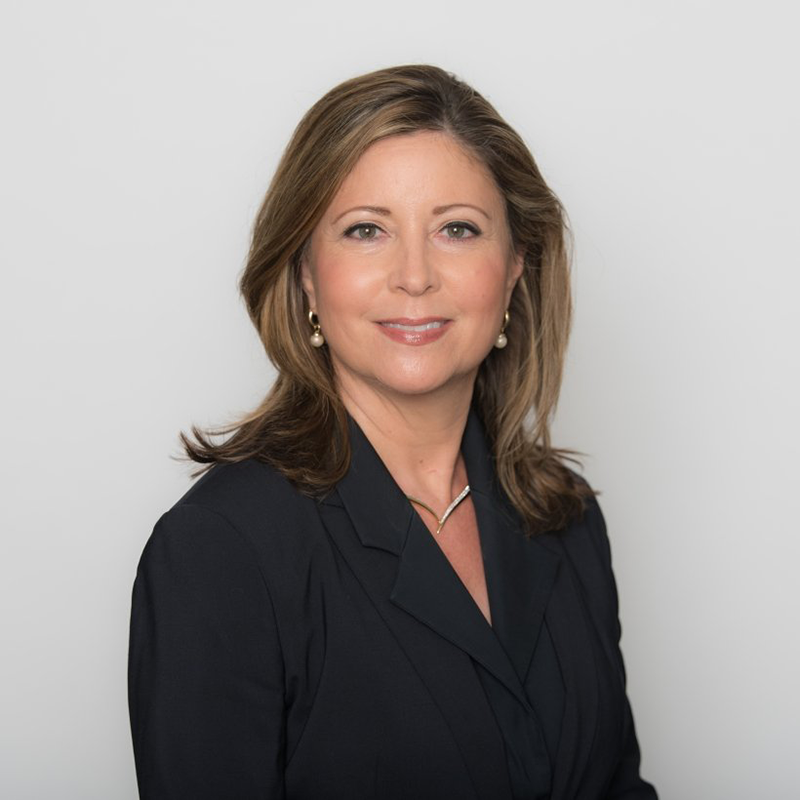
Maria Korsnick is President and Chief Executive Officer of the Nuclear Energy Institute (NEI), the leading policy and technical trade association representing the commercial nuclear industry.
As President and Chief Executive Officer of the Nuclear Energy Institute (NEI), the leading policy and technical trade association representing the commercial nuclear industry, Maria Korsnick (B.S. ’86, nuclear engineering) works tirelessly to increase understanding of clean nuclear energy’s many benefits.
Those efforts include establishing financial incentives to support nuclear engineering education at the University of Maryland (UMD). In 2022, Korsnick and her husband, Michael, launched the Maria and Michael Korsnick Nuclear Engineering Innovation Award, with the goal of galvanizing student interest in nuclear engineering, growing the pipeline of talent, and strengthening the case for an expanded UMD presence in the field.
The award, administered by the mechanical engineering department, is given to ME undergraduate students who demonstrate an interest in nuclear engineering and/or nuclear energy, including by enrollment in the department’s nuclear engineering minor program or its reactor operator license training program. UMD’s A. James Clark School of Engineering is home to a 250 kW conversion TRIGA training reactor, used in the licensing program and other related courses.
Nuclear energy has a pivotal role in decarbonization efforts as the U.S. and other countries wrestle with the climate crisis and its many repercussions, Korsnick said. “There is a solution that sits at the core of all affordable, serious, and realistic plans to decarbonize not only our electric sector, but entire economies: clean nuclear energy,” she said.
Nuclear energy is reliable, scalable, and available around-the-clock, making it an ideal complement to intermittent renewable energy power sources, such as solar or wind, she said.
Korsnick works in many ways to get the message out about the benefits nuclear energy can provide. She testifies frequently before legislators at all levels of government, works with NEI’s more than 340 members to develop policy on key legislative and regulatory issues affecting the industry, and travels the world to increase commitments to nuclear energy for global climate and energy independence needs, as well as to reach new audiences, including students, foreign governments, and potential customers for U.S. technologies.
"I am inspired every day by the hundreds of thousands of dedicated nuclear industry workers worldwide who contribute so much of their expertise and training to their communities, the economy, the environment, and their countries’ national and energy security."
Maria Korsnick (B.S. ’86, nuclear engineering), President and Chief Executive Officer of the Nuclear Energy Institute (NEI).
This past May, she delivered a State of the Nuclear Industry address at the NEI-hosted Nuclear Energy Assembly, during which she highlighted the combination of factors–environmental concerns, economic necessity, and national energy independence considerations–that are combining to bolster renewed demand for nuclear power.
Because of these factors, we are now at “the biggest moment for nuclear energy since the dawn of the atomic age,” Korsnick said.
Though her focus now is on policy, Korsnick brings to the role decades of industry experience, in roles that span the gamut from hands-on operation to leadership. She has been a senior control room operator, engineer, and executive, with more than 30 years of experience at Constellation Energy and Exelon Nuclear. As Senior Vice President of Northeast Operations for Exelon, she oversaw operations at the Calvert Cliffs 1 and 2, R.E. Ginna, and Nine Mile Point 1 and 2 nuclear power plants.
In an interview for UMD, Korsnick stressed the importance of the industry workforce at all levels in advancing the field’s potential.
“I am inspired every day by the hundreds of thousands of dedicated nuclear industry workers worldwide who contribute so much of their expertise and training to their communities, the economy, the environment, and their countries’ national and energy security,” she said.
Published December 13, 2023
